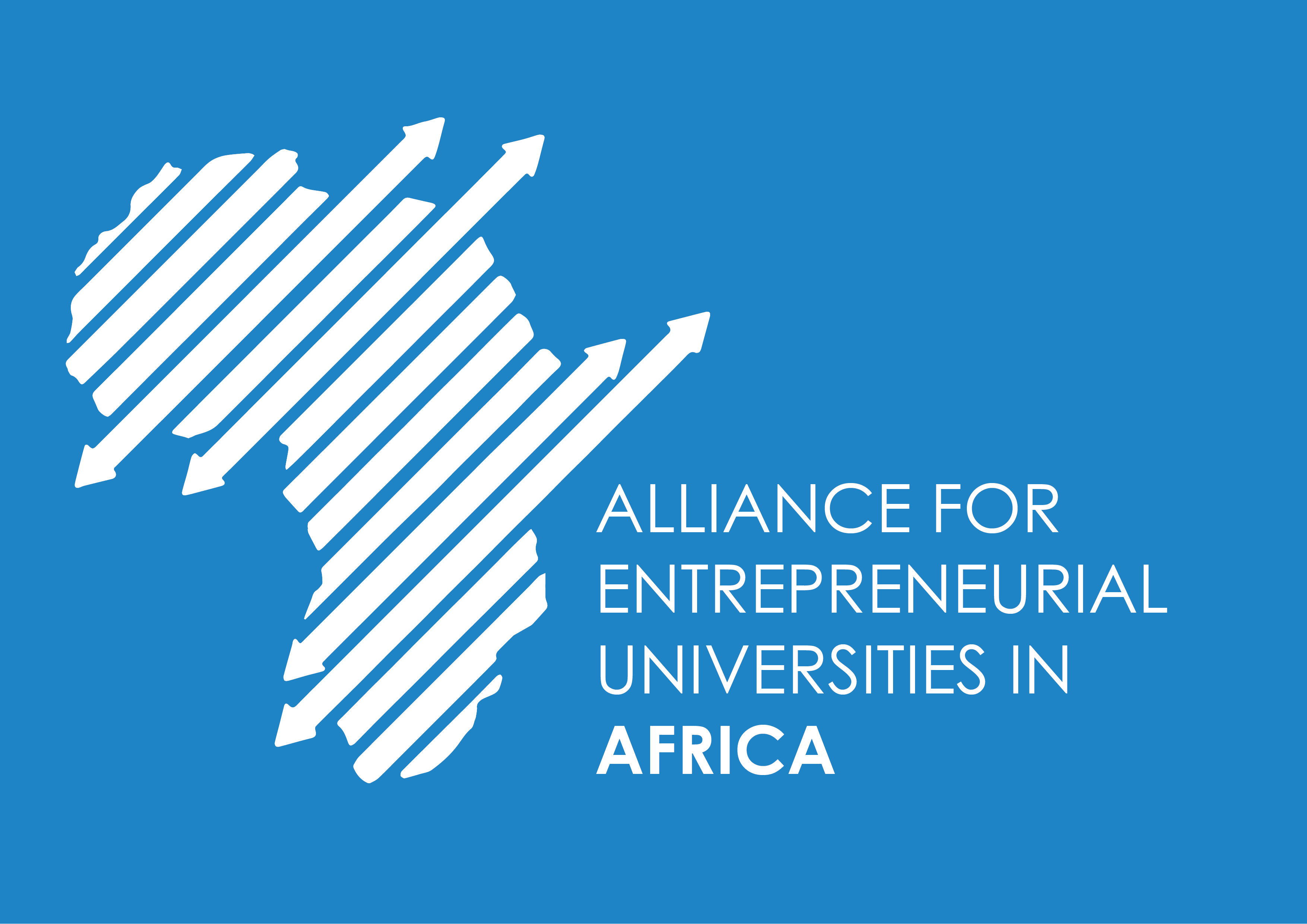
- This event has passed.
3rd Forum of the Alliance of Entrepreneurial Universities in Africa
October 23, 2024 - October 24, 2024

The concept of the “entrepreneurial university” has evolved over the past four decades, significantly impacting government-academia-private sector relations as engines for industrial and sustainable development. Historically, universities have aimed to equip students with industry-relevant skills, with land-grant universities in the U.S. being notable for their contributions to practical agriculture, science, and engineering.
In Africa, universities have demonstrated their potential to drive economic and social progress through partnerships and entrepreneurial initiatives. Examples include the University of Zambia’s ventures like ZAMNET Communications and York Farms, and the University of Nairobi’s Enterprises and Services (UNES). These institutions illustrate that African universities can support entrepreneurship and capitalize on their research outputs.
Governments play a crucial role in fostering an entrepreneurial environment. For instance, Morocco’s Law 01-00 and South Africa’s Intellectual Property Rights Act have enabled universities to create incubators and commercialize innovations. Similarly, Zimbabwe’s Education 5.0 framework emphasizes teaching, research, community service, innovation, and industrialization.
Strong relationships with the business sector and community are essential for entrepreneurial universities. Collaborations with industry provide talent and innovative solutions, while engagement with local communities ensures that university initiatives address local needs.
About the Alliance
The Alliance of Entrepreneurial Universities in Africa was launched in 2022 at the Africa Regional Science, Technology, and Innovation Forum in Kigali, Rwanda. Its main goal is to promote and nurture entrepreneurship and business development within and beyond university institutions. The Alliance has formal members from 15 African countries and informal members from additional nations, collectively representing over 1.5 million students and 45,000 lecturers.
Objectives of the Alliance:
- Advance university initiatives that promote innovation and entrepreneurship.
- Support national and regional efforts to strengthen institutional arrangements for innovation and entrepreneurship.
- Create environments conducive to generating income through innovative businesses.
- Integrate entrepreneurial ecosystems within and around universities.
- Share knowledge, resources, and best practices.
- Identify research areas with commercialization potential.
- Launch initiatives that encourage excellence and competition in entrepreneurship.
- Form strategic partnerships for Research, Development, and Innovation (RDI).
Overview of the Forum
The Third Forum builds on the experiences of the first two forums held in 2022 and 2023, focusing on “Forging Reliable, Sustainable, and Long-Term Partnerships.” The Forum aims to create one million startups and generate $100 billion in revenues by fostering internal and external partnerships.
Objectives of the Forum:
- Identify the secrets behind successful long-term partnerships.
- Highlight strategic policy, regulatory, and administrative arrangements for partnership governance.
- Diffuse arrangements for seeding and sustaining broad-based partnerships.
- Advance measures for boosting internal partnerships within universities.
- Explore ways for government to encourage academia-industry-community collaborations.
- Expand external engagements and sustainable partnerships.
Structure of the Forum: The Forum will include:
- Keynote addresses by senior government officials, business leaders, and university managers.
- High-level panels for sharing national and institutional experiences.
- Policy dialogues to generate consensus and inform stakeholders.
- Showcases of inventions, innovations, start-ups, and ecosystem supporters.
- Networking sessions on specific topics like innovation funding and intellectual property management.
Innovation Challenges: Teams will work on solving community and entity-defined challenges, supported by the Origin Research and Innovation Hub. These sessions will take place over 2-5 days.
